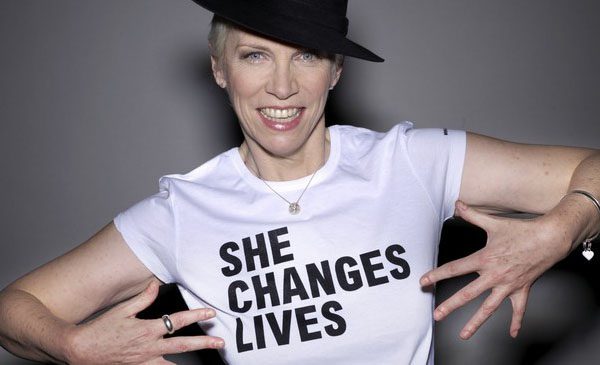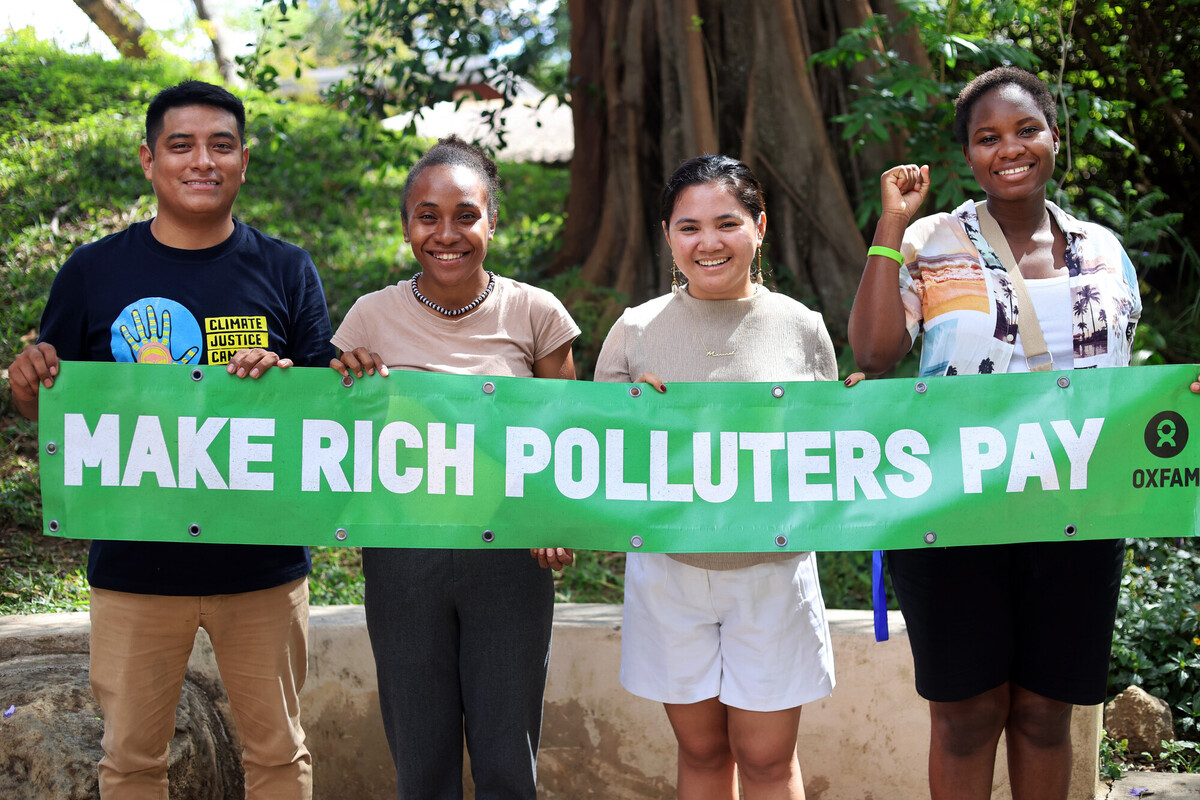Annie Lennox is an Oxfam ambassador and singer
A girl waits for aid to be distributed at a village in eastern Congo. In this war-ravaged nation, it is safer to be a soldier than a woman.
A girl waits for aid to be distributed at a village in eastern Congo. In this war-ravaged nation, it is safer to be a soldier than a woman.
We can fly to the moon, but can’t seem to put an end to gender-based violence.
It shocks, disappoints and angers me that in a world where man has travelled to the moon and where we can connect to people anywhere on earth instantly online, men and women are still not equal.
The statistics are sobering. Across the globe, gender-based violence causes more deaths and disabilities among women of child-bearing age than cancer, malaria, traffic accidents and war combined. Even in the war-ravaged Democratic Republic of Congo, it’s safer to be a soldier than a woman.
Women do two-thirds of the world’s work for a paltry 10 per cent of the world’s income, and own just 1 per cent of the means of production. Until recently, in the British Parliament, there were more men called David and Nick than female MPs. On the centenary of International Women’s Day, I urge you to stop and think.
Last year, I did just that. I attended the Millennium Bridge event in London, one of 119 bridge events involving 20,000 women across four continents. It was a moving and powerful show of strength. I saw many wonderful women standing up for equality, justice and peace. But I was struck by how many other amazing women weren’t there. It seemed that some people must think we already have equality. Nothing could be further from the truth.
Yes, huge gains have been made since 1911, but we still have a mountain to climb. We need to persevere with this for the sake of our daughters, our granddaughters, and the generations to come.
Motivated and inspired, I became convinced that collectively we could make a loud noise. I want this year’s centenary celebrations for International Women’s Day to be a turning point, a catalyst for tangible and positive change.
Despite the fact that half the world’s population is female, women’s rights have become marginalised as a ”minority issue”. Many young women feel that the label ”feminist” is, at best, irrelevant to their lives and, at worst, a stigma to be avoided at all costs. Sullied by stereotypes of man haters with hairy armpits, the concept of feminism and its principles of equality and anti-sexism need to be refreshed and reclaimed by a new generation.
Feminism shouldn’t be an F-word. We should embrace it. From Malawi to Melbourne, women are being short-changed on life chances. From India to Illinois, women face violence just for being female. Of the 1.3 billion people living in extreme poverty worldwide, the vast majority are female. For many, just getting an education is a struggle, major decisions such as who to marry and when to have children are made for them by others, and without economic independence or a say in their own futures, the chances of women escaping the poverty trap are nearly non-existent.
Whether you’re a woman or a man, this affects you. And you are part of the solution. The impact of inequality is felt by every woman worldwide – your friends, your family, your colleagues, your neighbours, the people you emailed today, the woman in the car next to you, the faces you saw on television and the voices you heard on the radio.
How many have been abused or faced discrimination today? The 100th anniversary of International Women’s Day is a moment in time. Let’s make it a moment that counts. Let’s make it a moment that lasts.
First published on The Age.
What you can do:
- Check out The Purse Project – an International Women’s Day project by Oxfam and other partners.
- Read about Oxfam’s work surrounding International Women’s Day
- Download our quick facts sheet on Women and Climate Change
- Tell the world that you’ll be doing your bit on International Women’s Day



